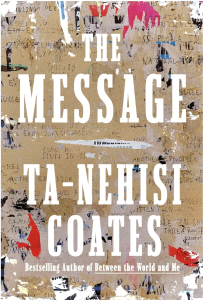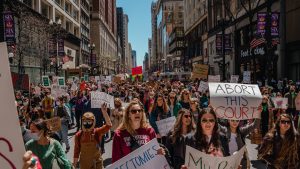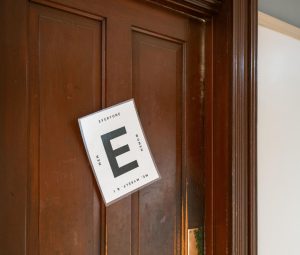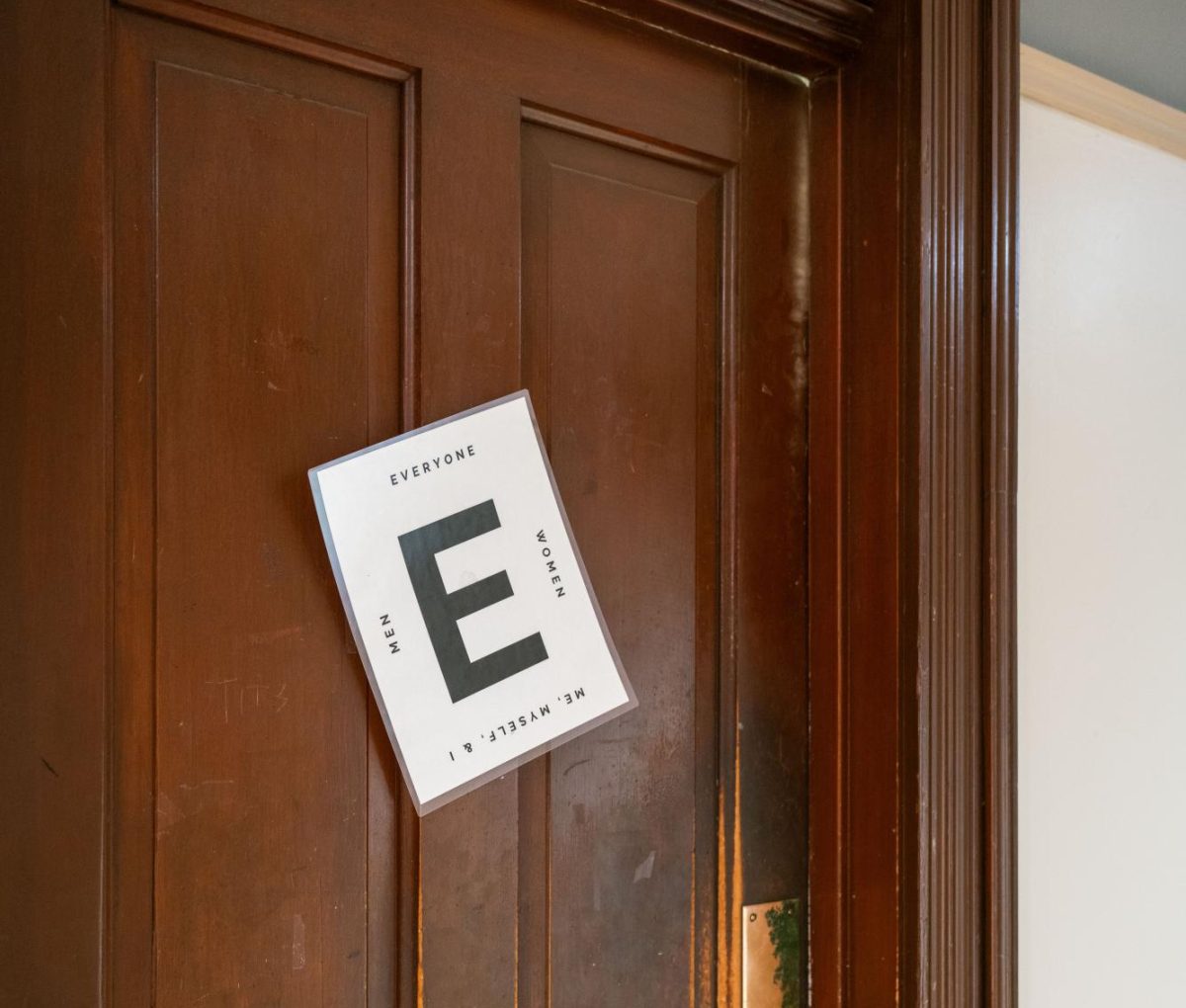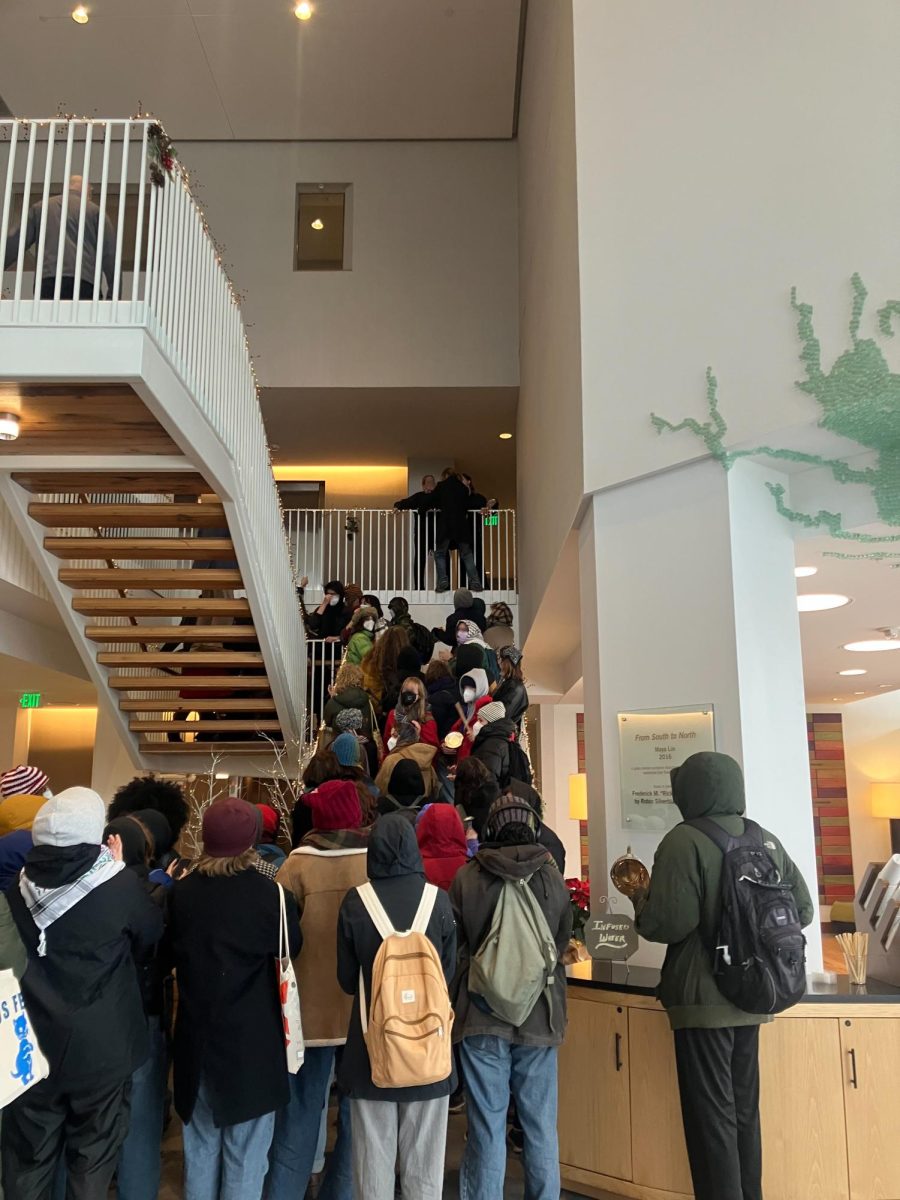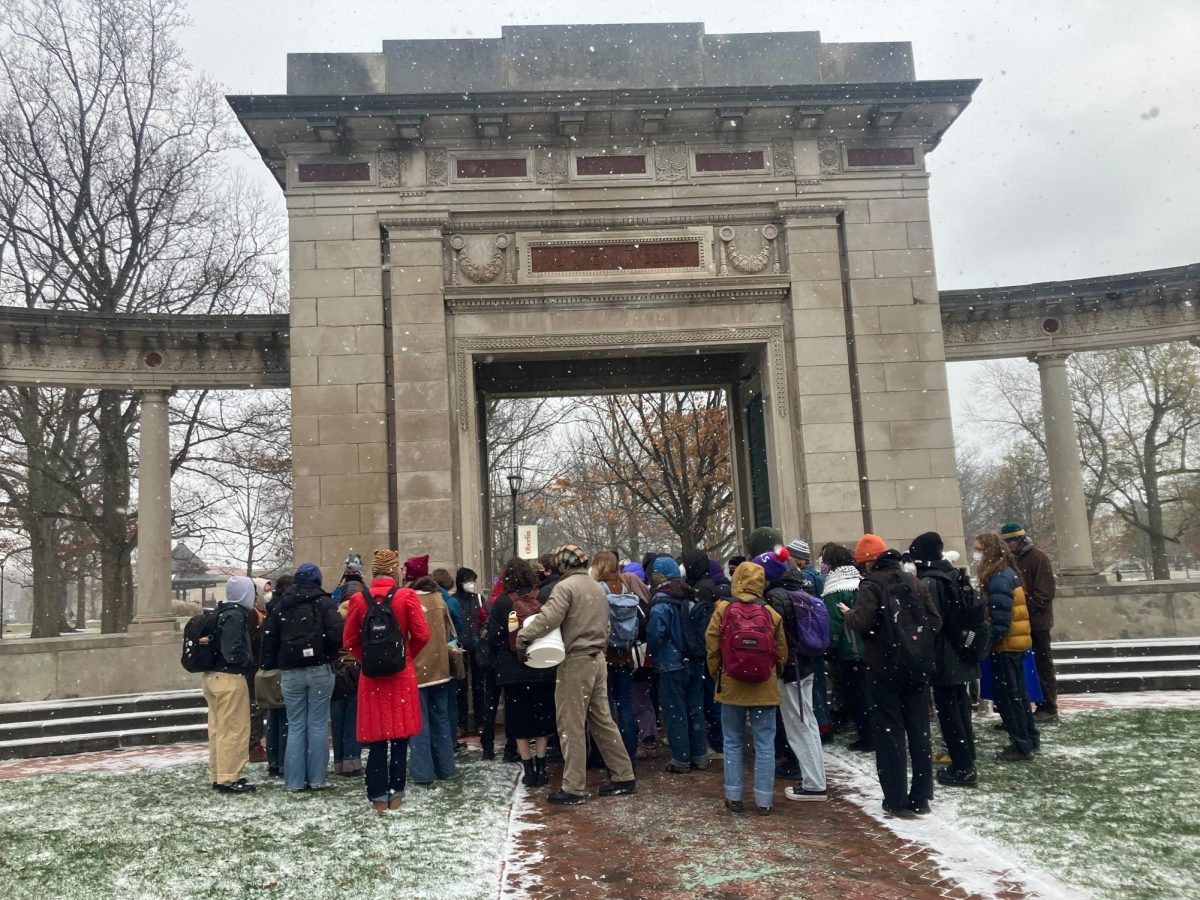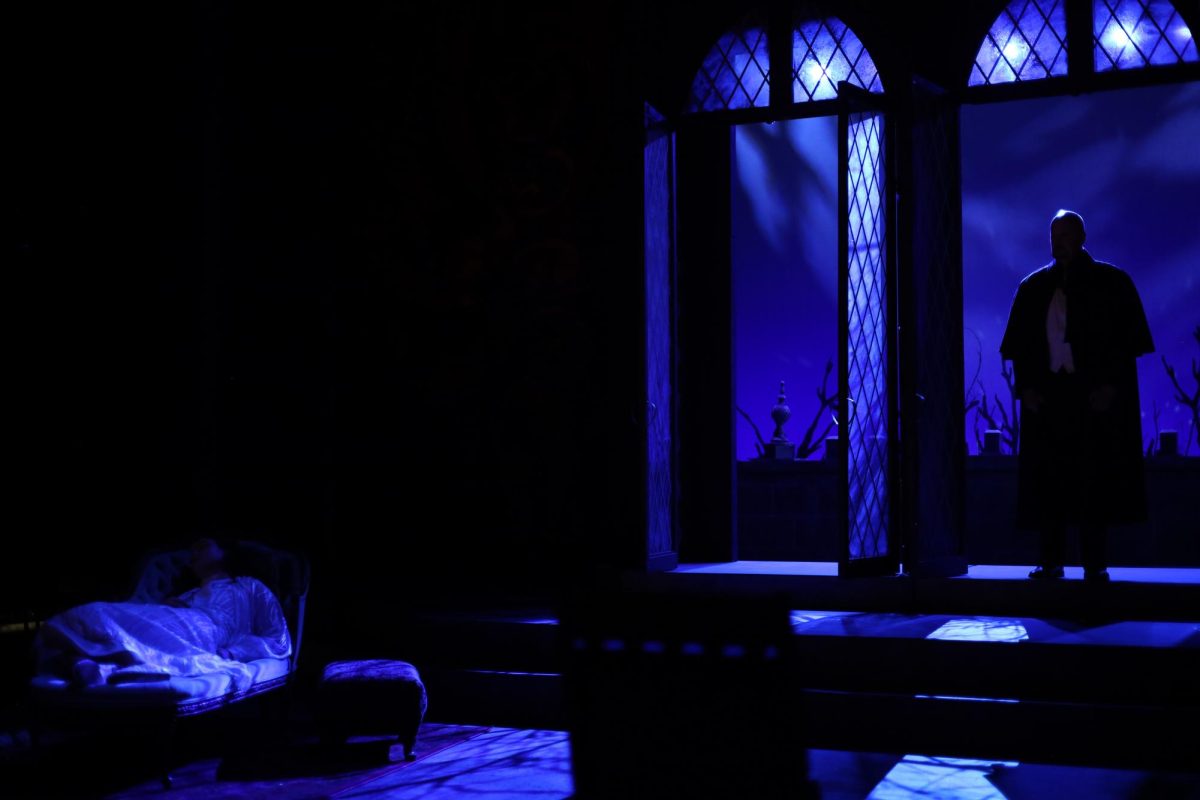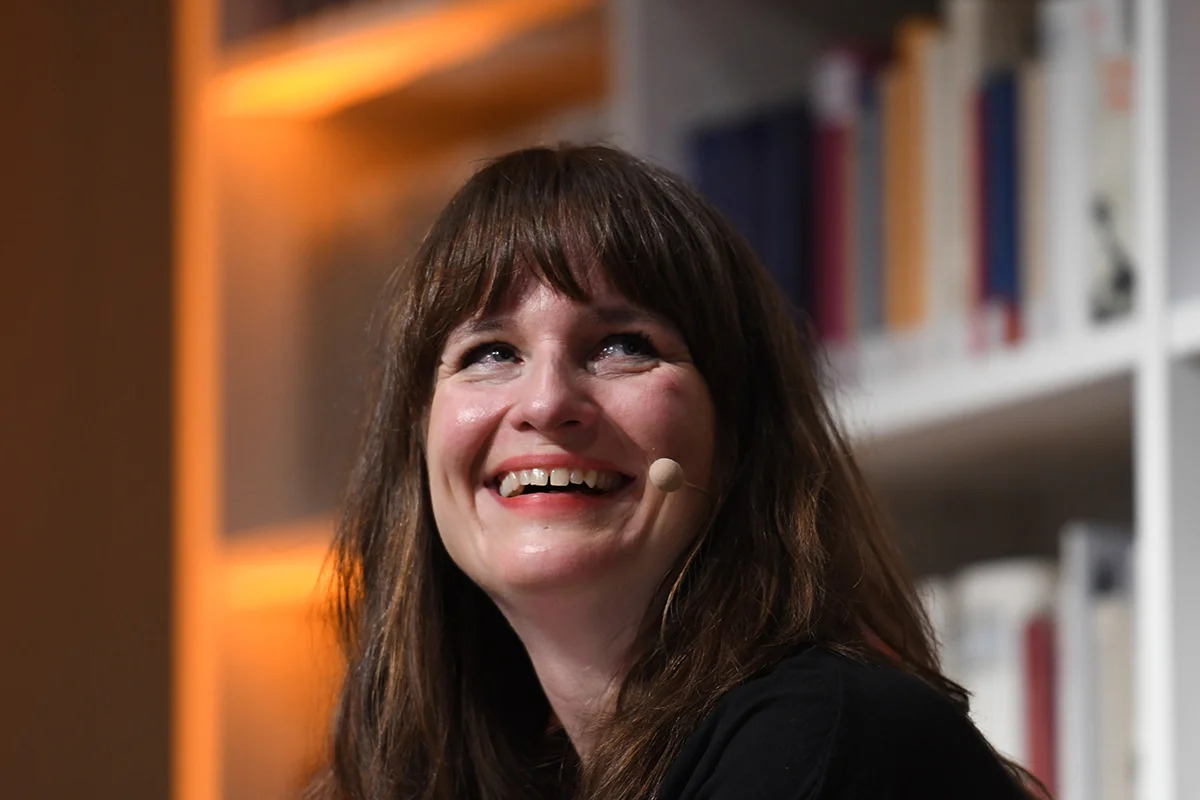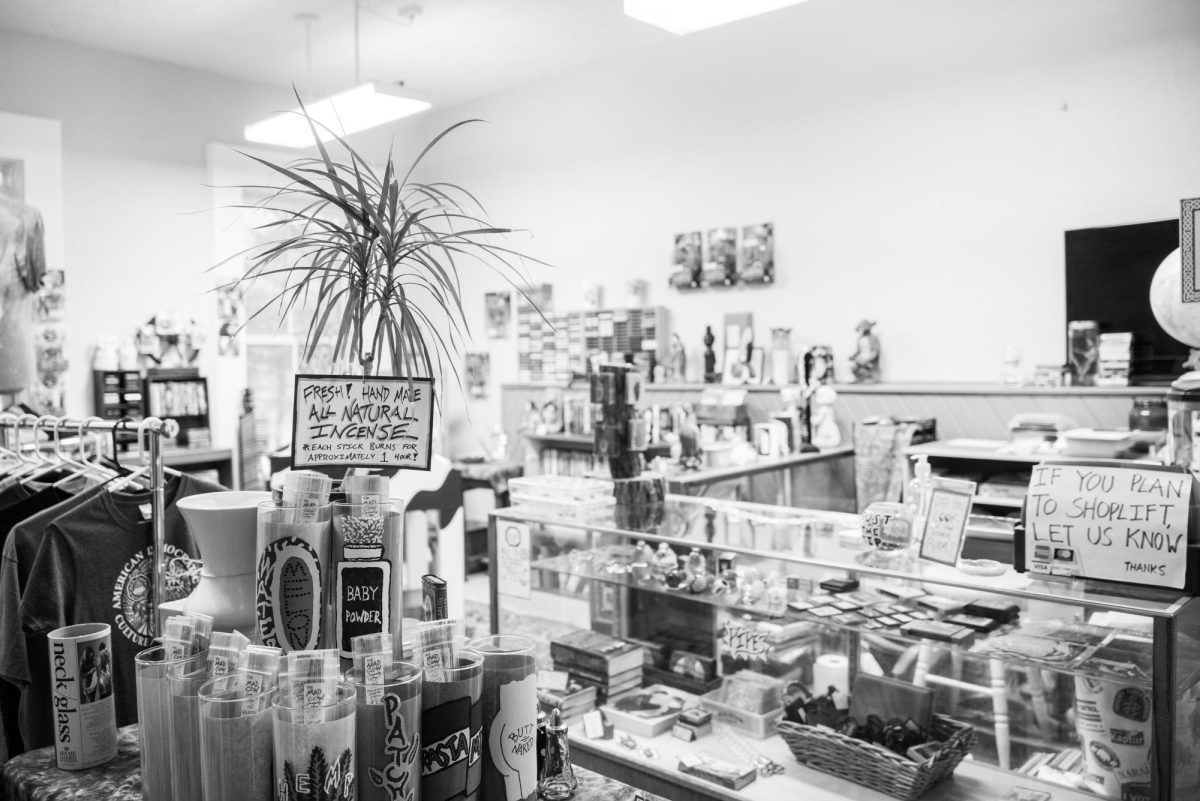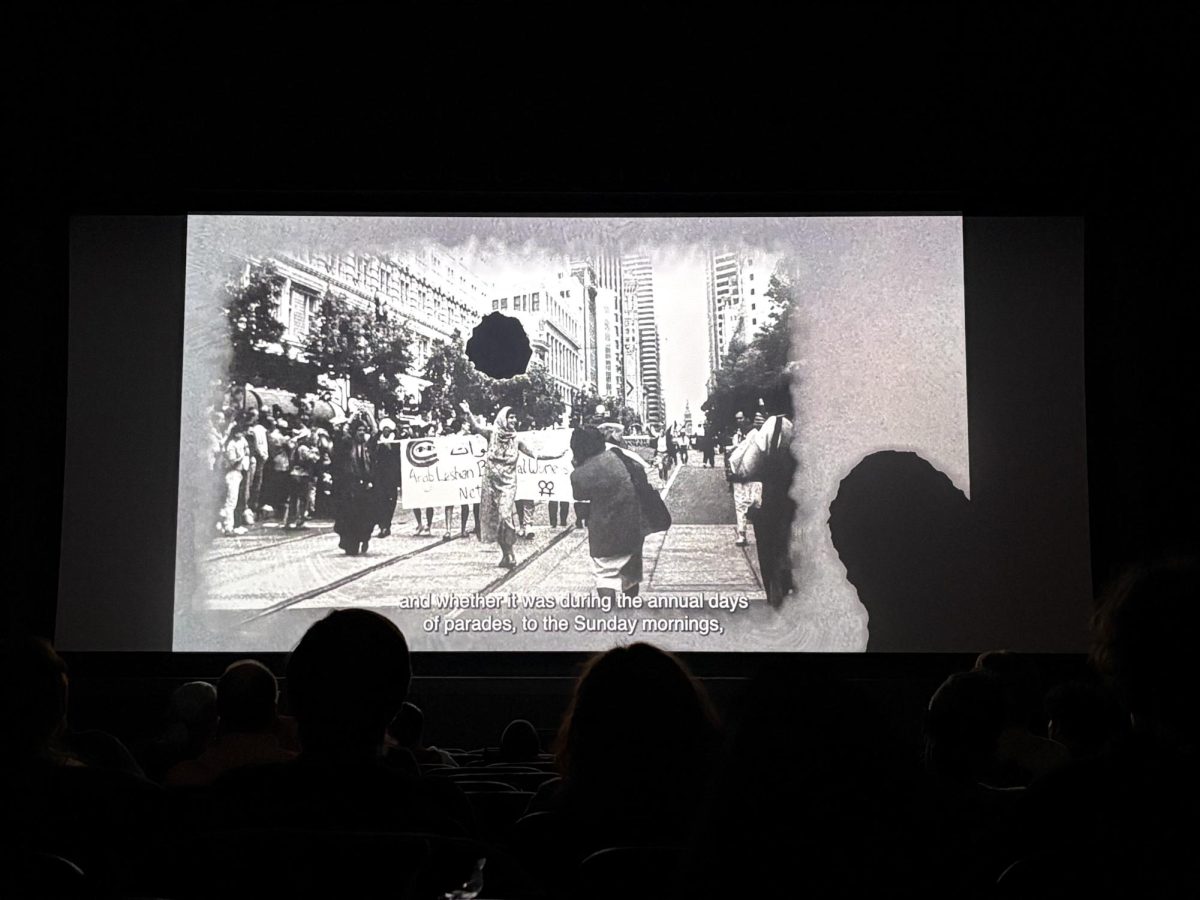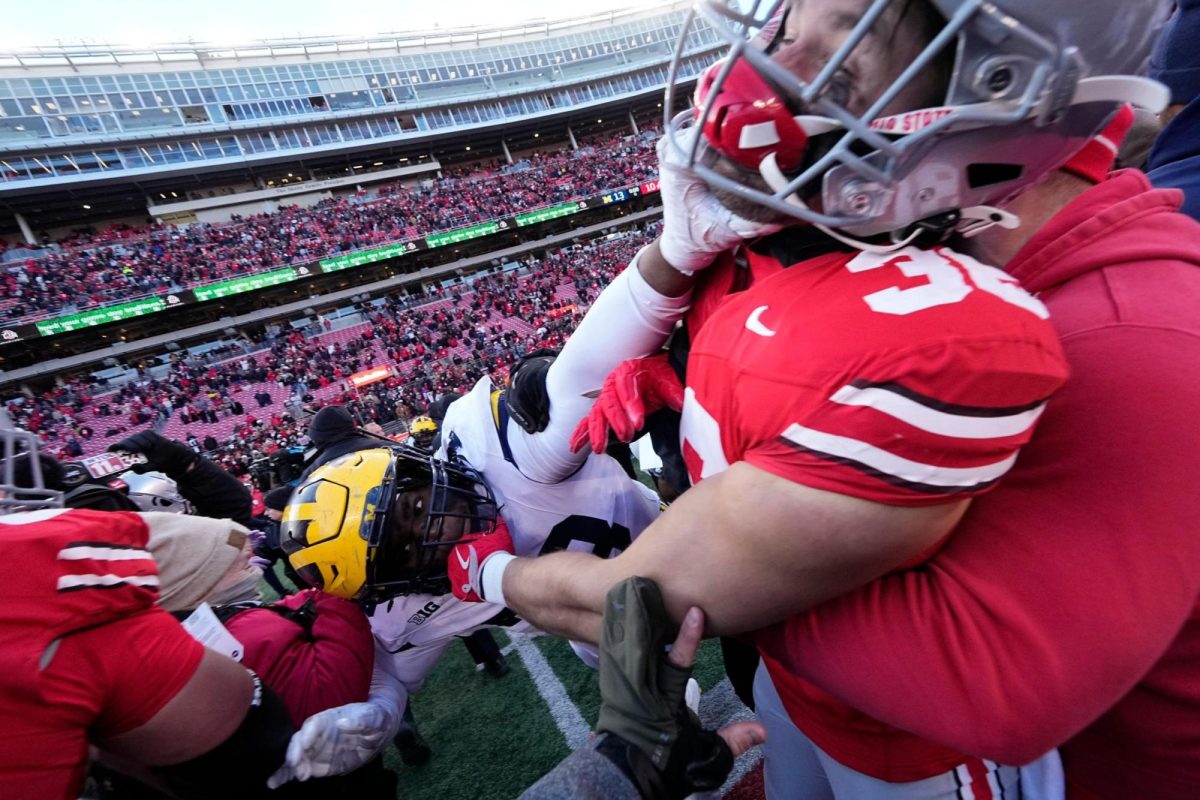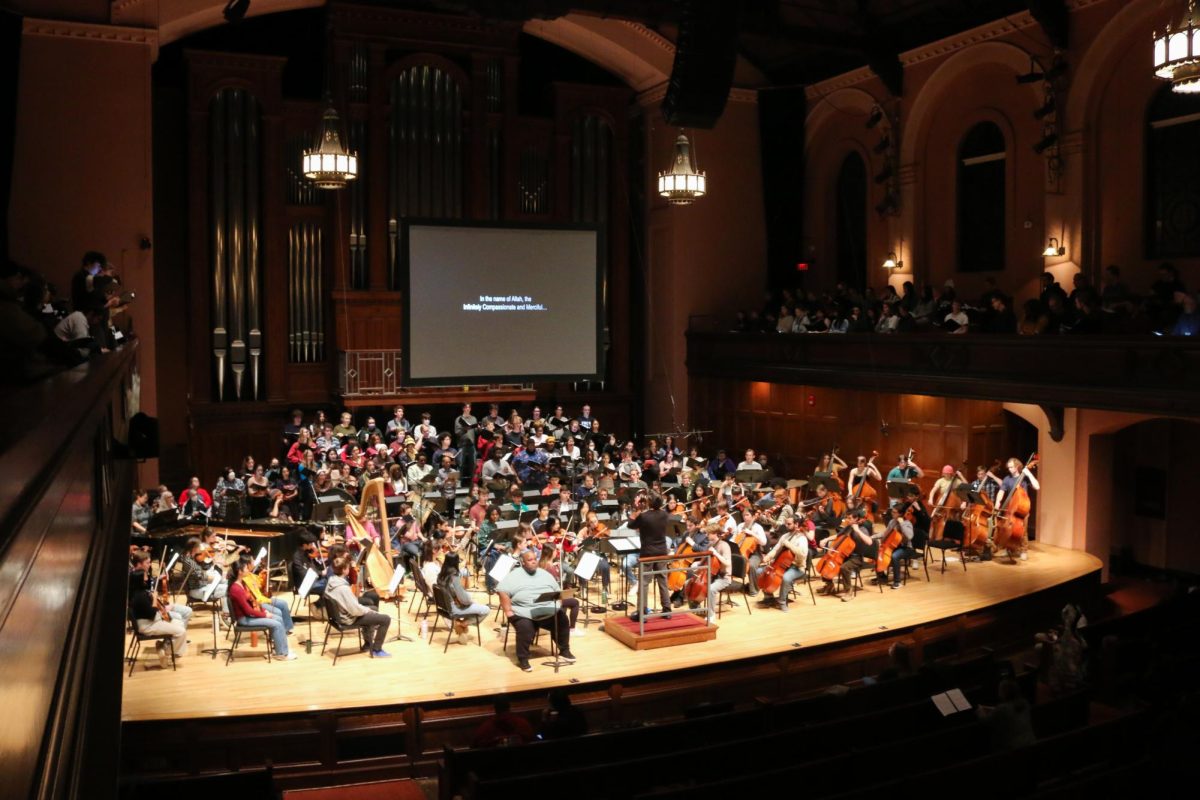Palestine 101: Problematic and Polarizing
December 11, 2009
To the Editors:
Recently we attended Palestine 101. We write this as supporters of Israel and of a free Palestine. As potential allies, we are disappointed that the approach, content and language of this presentation were so alienating and polarizing. The method of this presentation included harmful generalizations and painted a black and white picture of history. Students spoke in great detail about the security wall that separates Israel and the Palestinian territory, while the Second Intifada, with its use of violence, which was central to the wall’s creation, was ignored and brushed aside as irrelevant to the discussion. Presenters also chose not to mention that since construction of the fence began, the number of terrorist attacks in Israel has declined by more than 90 percent.
Gaining support for the people of Palestine should not mean presenting only one narrative. To speak to the result without providing context of the reason does not help to move towards the goal of peace; it only inflames hatred. This happened repeatedly in the presentation. Israel was reproached for blockading Gaza, but no mention was made of Egypt’s blockade, and when asked why it was not included, the answer given was that there wasn’t time. In presenting a purely victimized Palestine, without regard to lives on both sides of the wall, presenters’ bias reduced this educational forum to propaganda.
This presentation was unequivocally anti-Israel. The opening presenter said, “The conflict is entirely man-made and avoidable — obviously Israel made it.” The reality is that both Israelis and Palestinians are victims of the conflict. The lone mention of Hamas, an organization whose declaration calls for the obliteration of Israel (“The Covenant of Hamas” — Preamble), was in reference to a claim that they are now favoring non-violence. Ironically, on Nov. 5, 2009, a ship carrying over 200 tons of weapons which included long-range missiles, mortars and rockets, to the Gaza Strip was captured by Israel. They did not mention, in reference to the recent operation, Cast Lead, the violence between Hamas and Fatah, rival parties, or even the firing of Qassam rockets at Israeli cities.
Language is incredibly important when approaching an issue as volatile as this one. The language that some of the presenters chose to use was inaccurate and polarizing. The difference between Israelis and Palestinians is not one of race. The word “apartheid” does not accurately describe the conflict as it assumes Israel has a regime based on racism as opposed to a country trying to protect its citizens. We hope to see change both in the Middle East and on this campus that will bring peace to all.
–Zach Lewis
–Eliana Golding
–Shoshana Silverman


